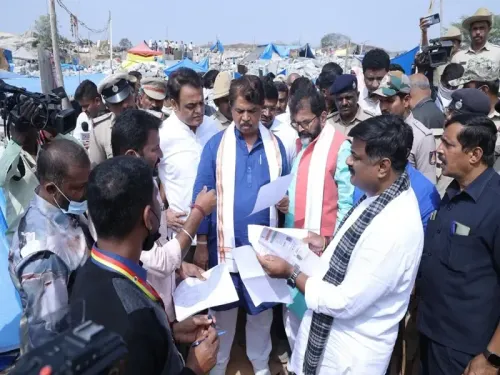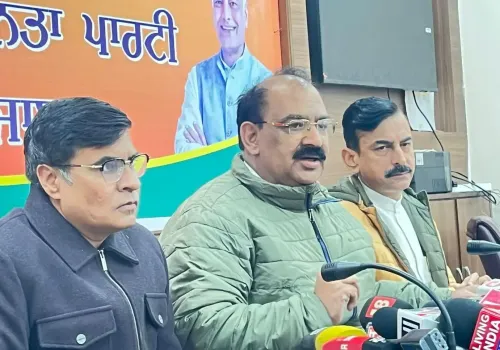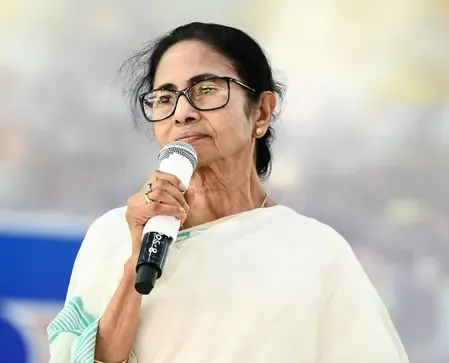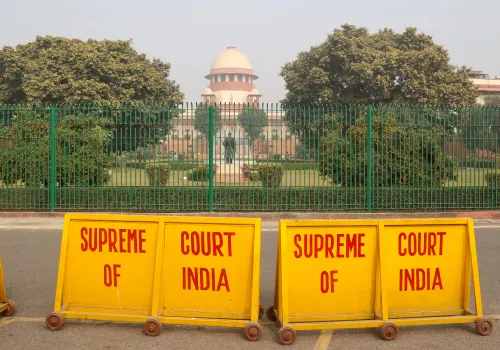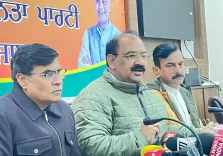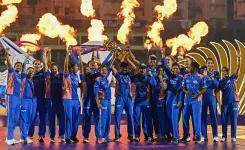Will the SC Hear the Plea Against QR Code Requirement for Eateries on the Kanwar Yatra Route?
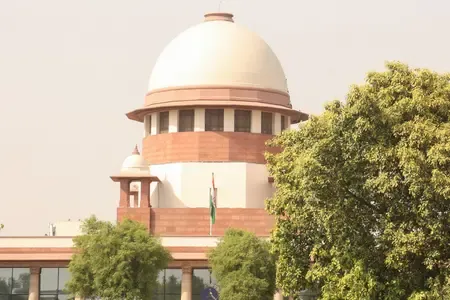
Synopsis
Key Takeaways
- The Supreme Court is addressing privacy concerns related to QR codes.
- The plea highlights potential discriminatory impacts of the directive.
- The case may redefine regulations for food establishments along pilgrimage routes.
- The Supreme Court previously stayed similar directives last year.
- Continued scrutiny over public safety versus individual rights is essential.
New Delhi, July 14 (NationPress) The Supreme Court is set to hear a plea on Tuesday opposing the directive that requires all food businesses along the Kanwar Yatra route to showcase a QR code enabling pilgrims to view "ownership details." According to the apex court's computerized case status, a bench comprising Justices MM Sundresh and N Kotiswar Singh will address the matter on July 15. The plea, filed by academician Apoorvanand Jha and others, argues that requiring the display of QR codes at eateries—which disclose the names and identities of owners—violates privacy rights and has a discriminatory and stigmatizing impact.
The petition contends that this form of "discriminatory profiling" has been previously rejected by the Supreme Court, which stated that revealing personal identities lacks legal backing and is not essential for maintaining public order or ensuring food safety compliance.
Last July, the Supreme Court stayed the controversial directives from the Uttar Pradesh and Uttarakhand governments requiring food establishments and dhabas along the Kanwar Yatra route to display the names of owners and employees.
While issuing notice on petitions contesting the "nameplate" directives, a bench led by Justices Hrishikesh Roy (now retired) noted that devotees should be served food of their choice while maintaining hygiene standards. The plea claims that despite the prior order, the state of Uttar Pradesh and other authorities are bypassing the interim stay by reintroducing the same requirements through QR code displays.
It cites a press release from the Chief Minister's office dated June 25, which demonstrates renewed administrative support for name displays and explicitly calls for "shopkeeper names to be prominently displayed" during the Yatra.
The plea asserts that the state's actions, lacking statutory authorization and not serving a legitimate purpose, are completely disproportionate and result in discriminatory and stigmatizing effects.


